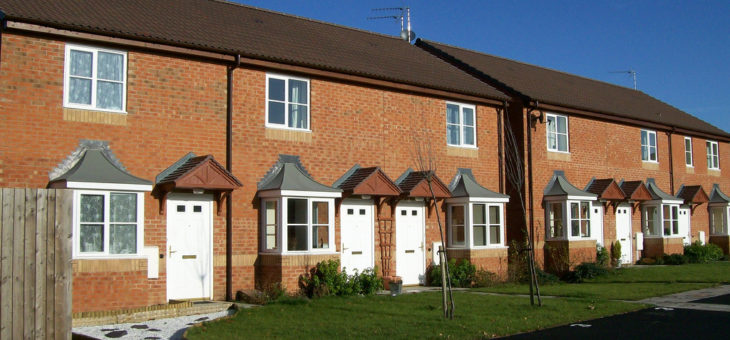We often provide valuations to help people who are part of a Shared Ownership scheme.
What is Shared Ownership?
Shared Ownership or ‘Help To Buy’ schemes are for people who can’t quite afford a mortgage on 100% of a home. Through the scheme, you can buy a share of your home (between 25% and 75% of the home’s value) and pay rent on the rest. You can also get a loan in exchange for part ownership of the house.
What are the criteria for Shared Ownership?
To be eligible for Shared Ownership, the property must be new and have a purchase price of up to £600,000 in England (or £300,000 in Wales). It must be your only house and you are not allowed to sublet or rent it out after you have completed the purchase.
How does the Help To Buy loan work?
The government will loan you money so that you need only mortgage up to 75% of the value of the property (up to 55% in London). There are charges on the loan, but not for the first five years. After five years, you pay a steadily increasing fee, based on a percentage of the loan’s value.
The loan must be paid back after 25 years.
 Selling Shared Ownership
Selling Shared Ownership
Often people want to sell their property before the 25 years are up and that is where we, as surveyors, come in. The government needs to be assured that you are selling the house for its market value and that all transactions are legal and transparent. They therefore ask the seller to provide a valuation that gives the current market value of the property. There are stipulations on this valuation, including published comparable evidence.
We fully understand these requirements and are happy to offer advice.
How to apply for Help To Buy
If you are interested in the scheme, there are a variety of providers to whom you can apply. Full details are available on the government website.
Shared Ownership Scheme Pros and Cons
Shared Ownership schemes are not risk-free and you should be aware that your freedom to do what you like with the property is restricted, for example, if you want to make improvements to the property. This is because you do not own the property outright so must always seek the agreement of the other owner.
What’s more, if you’re in arrears for payments connected with your loan, your house may be repossessed. The restriction that the properties have to be new means that you may not find one in your preferred location.
However, the scheme does enable first time buyers to get onto the property ladder more quickly and you may find it much cheaper than renting a property. You would also benefit from a rise in house prices, which you wouldn’t if you were only renting, but of course you would also be affected by a downturn in the market.
What next?
- Ready to sell your Shared Ownership property? Get in touch for advice and a valuation
- Bought a fixer upper? Read our director’s blog: Restoration Of An 18th Century Pub
- House hunting? Here are 13 Things to Check Before Your House Survey


Comments are closed.